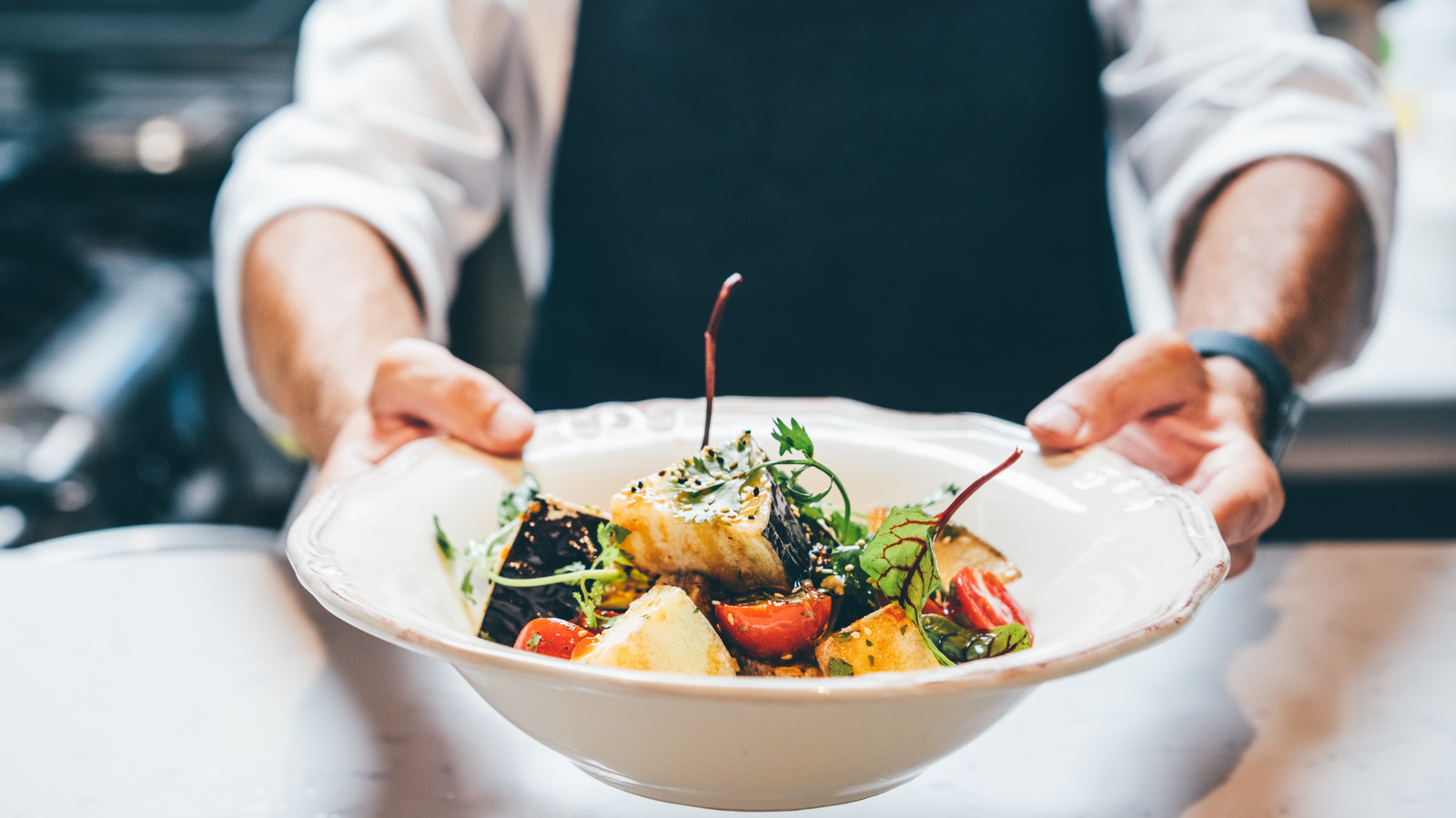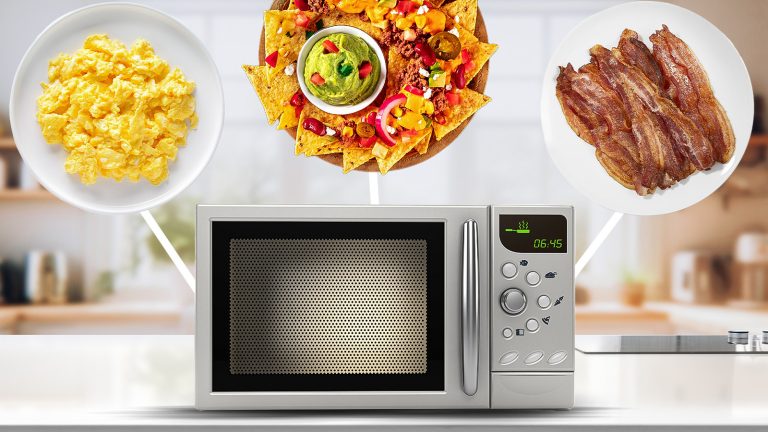According to Statista, more than 30% of Americans follow some sort of dietary restrictions, whether for religious, cultural, medical, or tolerance issues. Food allergies alone affect 33 million Americans per the Food Allergy Research & Education organization, and their effects can be sudden and deadly. And for the people who are affected by restrictions on their diets, it can be tricky to dine out, particularly at upscale restaurants.
Enjoying a special meal out with family or friends to celebrate a special occasion shouldn’t be ruined by needing a gluten-free or vegetarian option, for example. Yet many chefs and employees, particularly those at Michelin-starred restaurants with thoughtfully designed menus, may react negatively to such requests or, worse, take to social media platforms like Reddit to frankly voice their complaints. Don’t make the assumption that just because a restaurant is high-end, this translates to its chefs being capable of rethinking its dishes on the fly (or have the willingness to do so) just to accommodate your dietary needs. An assumption like that may just ruin your whole experience.
Instead, communication is key. Whether you want to request a special table, put candles on a birthday cake, or be sure that there’s no contamination by shellfish in your food, a quick call or email ahead of time can set you up for a great night out. There’s a reason why this is one of the fine-dining etiquette rules you should stick to: Usually, a Michelin-starred or fine-dining restaurant has achieved that reputation by employing a formally trained chef with plenty of experience at sourcing ingredients and crafting menus. That level of precision is upended when you make sudden dietary requests.
How to address your nutritional preferences at fine-dining restaurants
Interestingly, restaurant etiquette differs around the world and in some countries, such as the UK, rules differ greatly from those in the U.S. For example, the United Kingdom has implemented a law that food businesses must let customers know if their menus contain any of 14 mandated allergens listed by its Food Standards Agency. Restaurant workers are encouraged, and often required, to ask customers at the outset whether they have food allergies. However, in the U.S., those with allergies or other food restrictions are usually on their own, unless you select a restaurant known for its allergy-friendly menu. This means that it’s often incumbent upon the diner to speak up and ask whether the foods being avoided are used in certain dishes. To best enjoy your meal at a fine-dining restaurant, that conversation is best had ahead of time.
Experts at Michelin-starred restaurants suggest that dishes friendly to vegetarian or gluten-free diets, for example, will usually be highlighted in some way on the menu, which you should peruse ahead of time. This will help you to decide in advance if you can safely eat there and what items you might plan to order. As for special requests, such as gluten-free pasta and bread, or dairy-free options, reductions in salt, etc., it could help to call or email ahead. This might alert the staff to have alternative ingredients or techniques on hand without feeling caught off guard on a busy Saturday night. Don’t worry, there doesn’t need to be tons of advanced planning — even checking in a day or two ahead of time can help you enjoy the experience of dining out without the stress.






